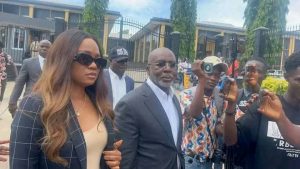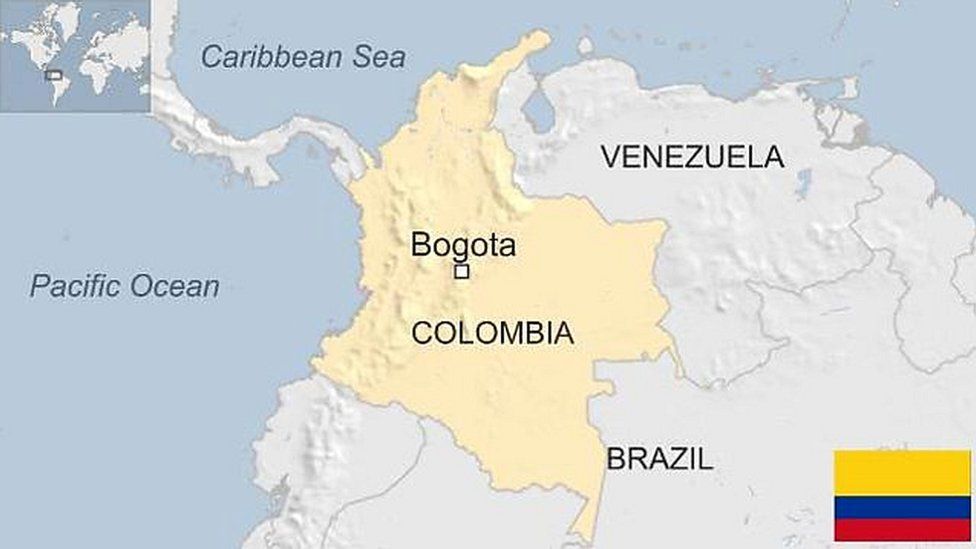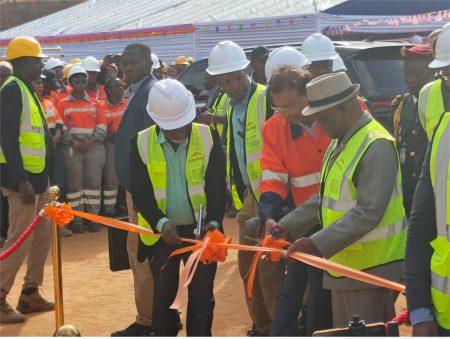The Rise of AI and its Impact on Global Employment
The integration of artificial intelligence (AI) across various industries has sparked a wave of job displacement, leaving thousands of workers unemployed and business owners grappling with the rapid pace of technological change. This disruption transcends geographical boundaries and industry sectors, creating a sense of urgency for individuals to adapt and seek alternative income streams. While the transformative power of AI offers unprecedented opportunities for innovation and efficiency, it also presents a formidable challenge to traditional employment models. This necessitates a proactive approach towards acquiring new skills and exploring innovative income-generating avenues, such as earning in US dollars while residing in regions with potentially lower living costs.
The incident involving Colombian presidential candidate Miguel Uribe, who was shot and critically wounded during a public event, adds another layer of complexity to an already volatile global landscape. The attack, allegedly perpetrated by a 15-year-old, underscores the challenges faced by political leaders and the precarious nature of security in an increasingly interconnected world. As nations grapple with the economic and social implications of AI-driven job displacement, the need for stable and secure environments for political discourse and democratic processes becomes even more paramount.
Navigating the Shifting Sands of the Global Economy
The rapid advancements in AI are fundamentally reshaping the global economic landscape, prompting individuals to seek viable alternatives to traditional employment models. The ability to earn in US dollars, a globally recognized and relatively stable currency, presents a potential solution for those facing job insecurity or seeking to enhance their financial stability. This approach allows individuals to leverage the strength of the US dollar while potentially benefitting from lower living costs in their home countries or other regions. This strategy can provide a buffer against economic volatility and offer a pathway to financial independence in an increasingly uncertain job market.
The attack on Senator Uribe serves as a stark reminder of the multifaceted challenges facing nations across the globe. Beyond the economic implications of AI, societies must also contend with issues of political violence, social unrest, and the evolving dynamics of global security. The incident highlights the importance of fostering resilient democratic institutions and ensuring the safety and security of political leaders and citizens alike. In a world grappling with rapid technological advancements and complex geopolitical realities, the need for effective governance and robust security measures becomes increasingly critical.
The Imperative for Adaptability and Innovation
The ability to adapt to change and embrace innovation has become essential for individuals navigating the evolving landscape of the 21st-century economy. The rise of AI and its impact on employment underscores the need for continuous learning and the development of new skills that align with the demands of a technologically driven workforce. This includes not only technical skills but also soft skills such as critical thinking, problem-solving, and adaptability, which are becoming increasingly valuable in a rapidly changing world.
The incident involving Senator Uribe underscores the importance of fostering resilience and adaptability on both individual and societal levels. In the face of unexpected challenges, whether economic, political, or social, the ability to adapt and innovate is crucial for survival and progress. This requires a commitment to lifelong learning, a willingness to embrace new technologies, and the development of strategies to mitigate risks and navigate uncertainty.
Embracing a Multifaceted Approach to Economic Empowerment
The convergence of technological advancements, geopolitical shifts, and economic uncertainties necessitates a multifaceted approach to economic empowerment. Earning in US dollars while residing in regions with potentially lower living costs can provide a valuable component of a diversified income strategy. This approach allows individuals to leverage the global reach and stability of the US dollar while potentially mitigating the impact of local economic fluctuations.
The attack on Senator Uribe highlights the interconnectedness of global challenges and the importance of adopting comprehensive strategies for addressing them. Economic empowerment requires not only individual initiative but also supportive policies and infrastructure that facilitate access to opportunities and resources. This includes promoting education and training programs, fostering entrepreneurship, and creating an environment conducive to innovation and economic growth.
The Power of Financial Resilience in an Uncertain World
Building financial resilience is paramount in an era marked by rapid technological change and economic uncertainty. The ability to generate income in a stable currency like the US dollar can provide a crucial safety net and a springboard for future opportunities. This approach allows individuals to diversify their income streams, mitigate risks associated with local currency fluctuations, and build a stronger foundation for financial security.
The incident involving Senator Uribe serves as a reminder of the fragility of stability and the importance of preparedness in the face of unforeseen challenges. Financial resilience provides individuals and families with the ability to weather economic storms, navigate unexpected life events, and pursue their goals with greater confidence. This requires a proactive approach to financial planning, a commitment to saving and investing, and the development of skills and strategies to adapt to changing economic conditions.
Building a Sustainable Future through Adaptability and Innovation
The rapid pace of technological advancement, exemplified by the rise of AI and its impact on employment, demands a commitment to continuous learning, adaptability, and innovation. Embracing new technologies, developing in-demand skills, and exploring alternative income streams are crucial for individuals seeking to thrive in the 21st-century economy. The ability to earn in US dollars while residing in potentially lower-cost regions offers a valuable strategy for enhancing financial stability and building a more secure future.
The attack on Senator Uribe highlights the need for resilience, adaptability, and innovative solutions in addressing the complex challenges facing societies worldwide. Building a sustainable future requires a collaborative effort between individuals, governments, and organizations to foster economic opportunity, promote education and training, and create an environment conducive to innovation and growth. By embracing adaptability, fostering innovation, and building financial resilience, individuals and communities can navigate the challenges and opportunities of the 21st century and create a more prosperous and sustainable future for all.













